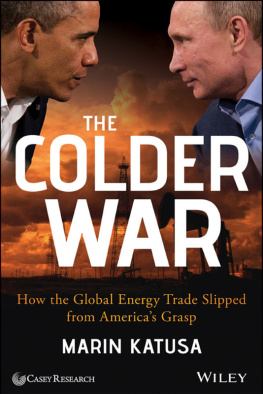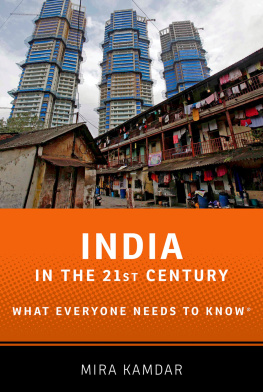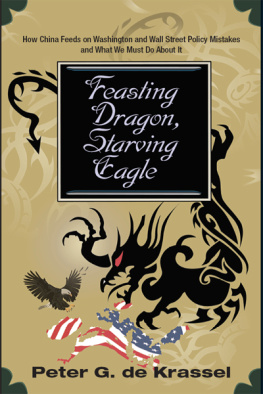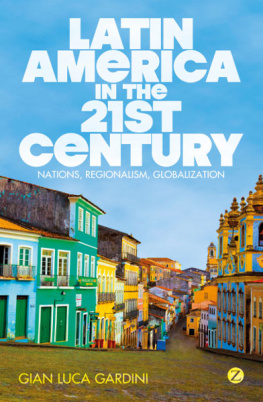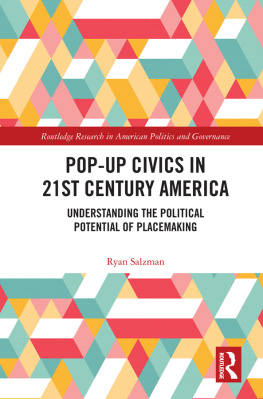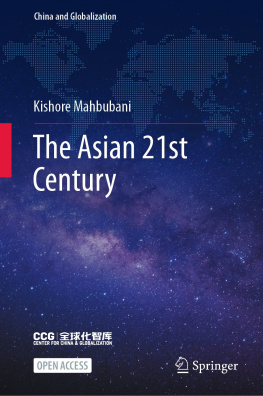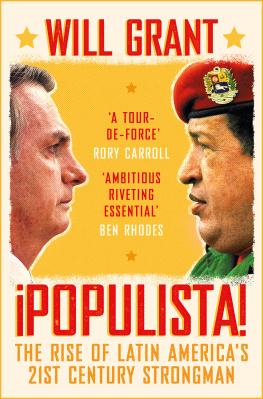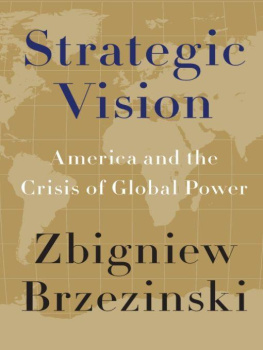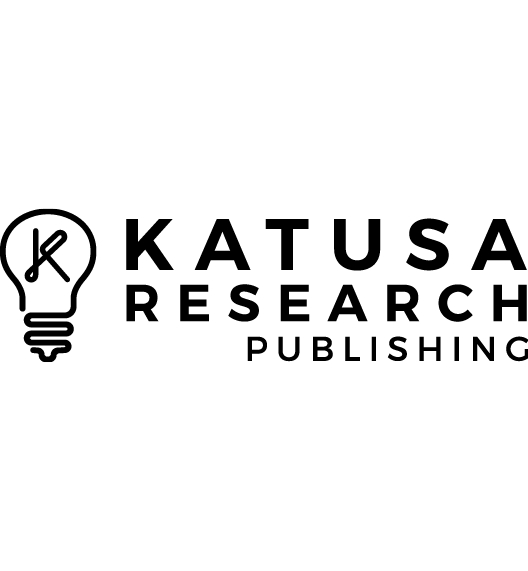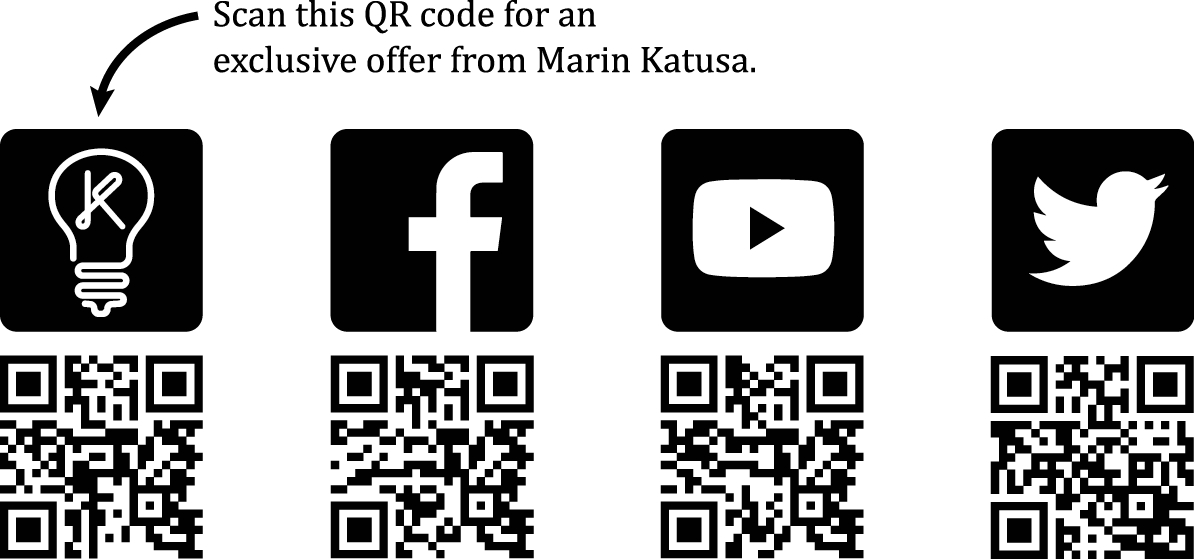Copyright 2021 Marin Katusa
All rights reserved.
ISBN: 978-1-5445-2142-8
To Maia, Sofia, and Leo, you are unique, precious, and much loved. Never forget who you are on this amazing journey of life.
And for my wife, Marina, who makes everything possible.
Connect with Marin
The Rise of America will be a political and investment framework that will be with us for many years. Adjuncts and updates to the book will be provided at www.katusaresearch.com for all readers of this book at no cost.
Contents
Acknowledgments
I have been fortunate to have been surrounded by incredible people in my career and personal life. This book is not just my own thoughts backed by strong analytical data points, but an accumulation of thoughts from my network of friends within the industry who have challenged and pushed me to question all my convictions.
I want to thank Robert Quartermain, Worth Wray, and Brent Johnson, who spent an incredible amount of time going through my draft and questioning and challenging my thesis. Thank you; this book is better for it.
Marina, my wife, who is brilliant professionally and is an incredible life partner who supports my chaotic work schedule and all my financial ventures. I could not ask for a more loving and loyal wife.
Marin Svorinic, Rob Fuhrman, Doug Hornig, Mike Chang, Steen Rasmussen, Simon Hua, Maria Zurbito, Jim ORourke, Roman Shklanka, and the rest of the Katusa Research team that works incredibly hard to facilitate the platform for me to do what I do; I cannot thank you enough.
To all my subscribers, this book is for you. My goal with this book is to put together the geopolitical and economic headwinds we will all face to best position our portfolios.
Marin Katusa, January 21, 2021.
Vancouver, Canada.
Foreword
By Robert Kiyosaki
Marin Katusa and I grew up in the same townthirty years apart.
The town we grew up in is in CanadaVancouver, British Columbiaand is one of the worlds most beautiful cities. Marin is Canadian, the son of Croatian immigrants. His phenomenal success and reputation in the worlds financial markets reflect his humble roots and work ethic.
I am a fourth-generation Japanese American, born in Honolulu, Hawaii. I am best known for my book Rich Dad Poor Dad , published in 1997. In 2020, Rich Dad Poor Dad s sales went through the roof when the world economy shut down. And that begs the questionwhy?
If you have not read Rich Dad Poor Dad, it is a book on financial education. My poor dad, who studied at Stanford University, University of Chicago, and Northwestern University, had a PhD in Education. In the 1960s, when I was in high school, my poor dad was the superintendent of education for Hawaii. In other words, he was much like Marin Katusa, a math and academic genius.
I was not. I flunked out of high school twice because I could not read, write, or spell. Ironically, I am best known today as a writer.
In my defense, it was not that I could not read. I simply did not like what I was required to read. It was true; I could not spell. I even tried this line on my teachers: It is a creative person who can spell a word many different ways. Not surprisingly, that excuse did not work. Today Im thankful for spell-check on my computer. I should point out that it was not that I could not write; my teachers just did not like what I was writing. In my essays, I kept writing, saying, and asking the same things: Why am I in school? When can I study what I want to learn? I want to be rich. I wanted to know, When will we learn about money?
I wanted to learn about money and business because I wanted to be an entrepreneur. I did not want to be an employee like my poor dad. At the age of nine, my poor dad, an excellent teacher, suggested I study with my rich dad, my best friends father. That is when the story of Rich Dad Poor Dad began.
Rich dad did not graduate from school. At the age of thirteen, his father died, so he took over the family business. He ultimately became an extremely wealthy man. If you look at the Hyatt Regency Hotel on Waikiki Beach, rich dad owned the land on which the Hyatt Regency Hotel on Waikiki Beach sits, as well as hotels on four of the outer islands of Hawaii.
After school, rich dad was my teacher. His son and I would go to his place of business and work for about an hour, for free. He refused to pay us, saying, If I pay you, I will train you to think like an employee. Entrepreneurs work for free.
After an hour of working for free, rich dad brought out his Monopoly game, and, as agreed, our financial education began.
I am a rich man today, not from my poor dads academic education, but my rich dads business and financial education.
Both my dads were geniuses. Simply put, my poor dad was a genius in academics and my rich dad a genius in business. I was fortunate to have them both as teachers.
And although my grades were horrible, I received congressional nominations to the US Naval Academy at Annapolis, Maryland, and the US Merchant Marine Academy at Kings Point, New York. Both are extremely tough schools to get into, and it is even tougher to graduate from them.
I chose Kings Point because I wanted to sail the seven seasnot on a Navy ship but on board a merchant shipsince I was eleven years old. As a young boy, I read books about great explorers like Columbus, Cook, Magellan, Pizarro, Cortez, and da Gama. I saw Mutiny on the Bounty starring Marlon Brando, who sailed to Tahiti and was greeted by beautiful Tahitian maidens. I couldnt get enough.
When I was fourteen years old, rather than carve salad bowls for my mom in woodshop as other boys did, I built an eight-foot El Toro-class sailboat. Woodshop was the only A I ever received in school.
I also chose the Merchant Marine Academy because Kings Pointers were the worlds highest-paid graduates. In 1969, the year I graduated, my classmates were earning up to $120,000 a year. Not bad for a twenty-one-year-old in 1969.
Unfortunately, the Vietnam War was still raging in 1969. Rather than sail for the Merchant Marines and make a lot of money, I chose to join the US Marine Corps. I was selected for pilot training and went to Navy flight school in Pensacola, Florida. In 1972, I was flying helicopter gunships in Vietnam.
In 1994, I retired at forty-seven, having never had a job or pension. I retired because I began playing Monopoly in real life.
In 1997, I wrote Rich Dad Poor Dad .
In 2000, Oprah Winfrey invited me to be a guest on her show and tell the story of my rich dad and poor dad. The book went international in the blink of an eye.
In 2006, Donald Trump and I published the first of two books together. We were planning to write a third book in 2015, but, as you know, he applied for another job.
In 2020, I met Marin Katusa, not in person yet, but via his reputation. Marin is known for restructuring an existing hedge fund, turning it into one of the most successful funds in the sector and raising over $2 billion in financing for some of the largest mining companies in Canada.
As I learned more about Marin, I was not at all surprised to find that some of the wealthiest and most powerful players in the resource sector have been personally advised by Marin on complex technical matters, often in their own fields.
I then checked Marin outwatching him first on YouTube. Then I interviewed him for The Rich Dad Radio Show , a financial education podcast.


